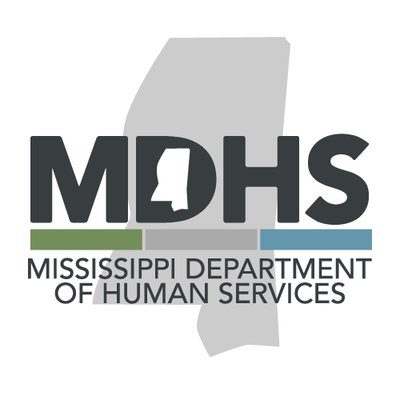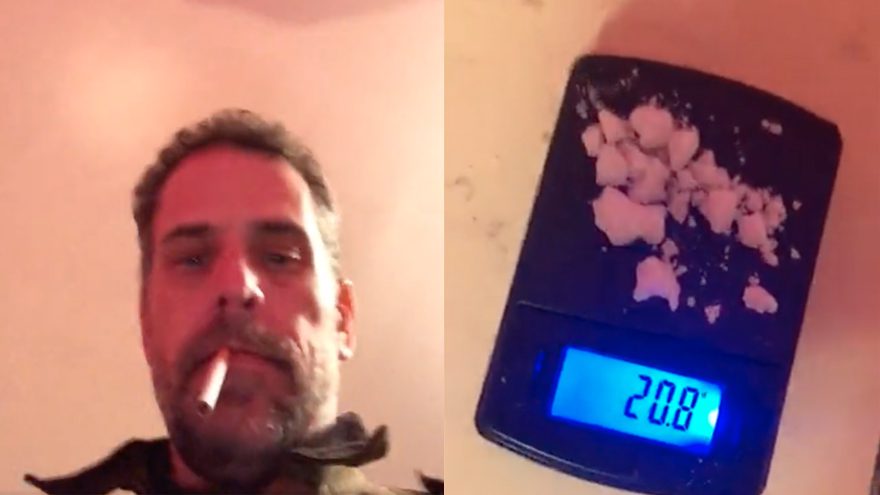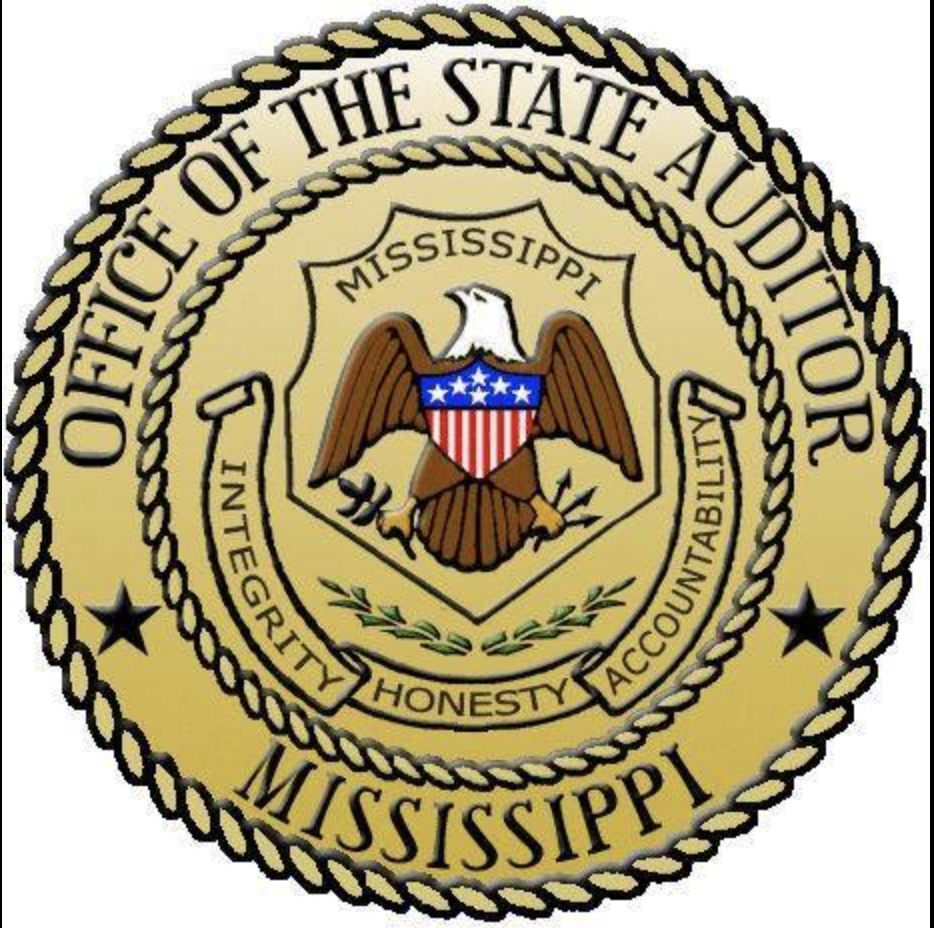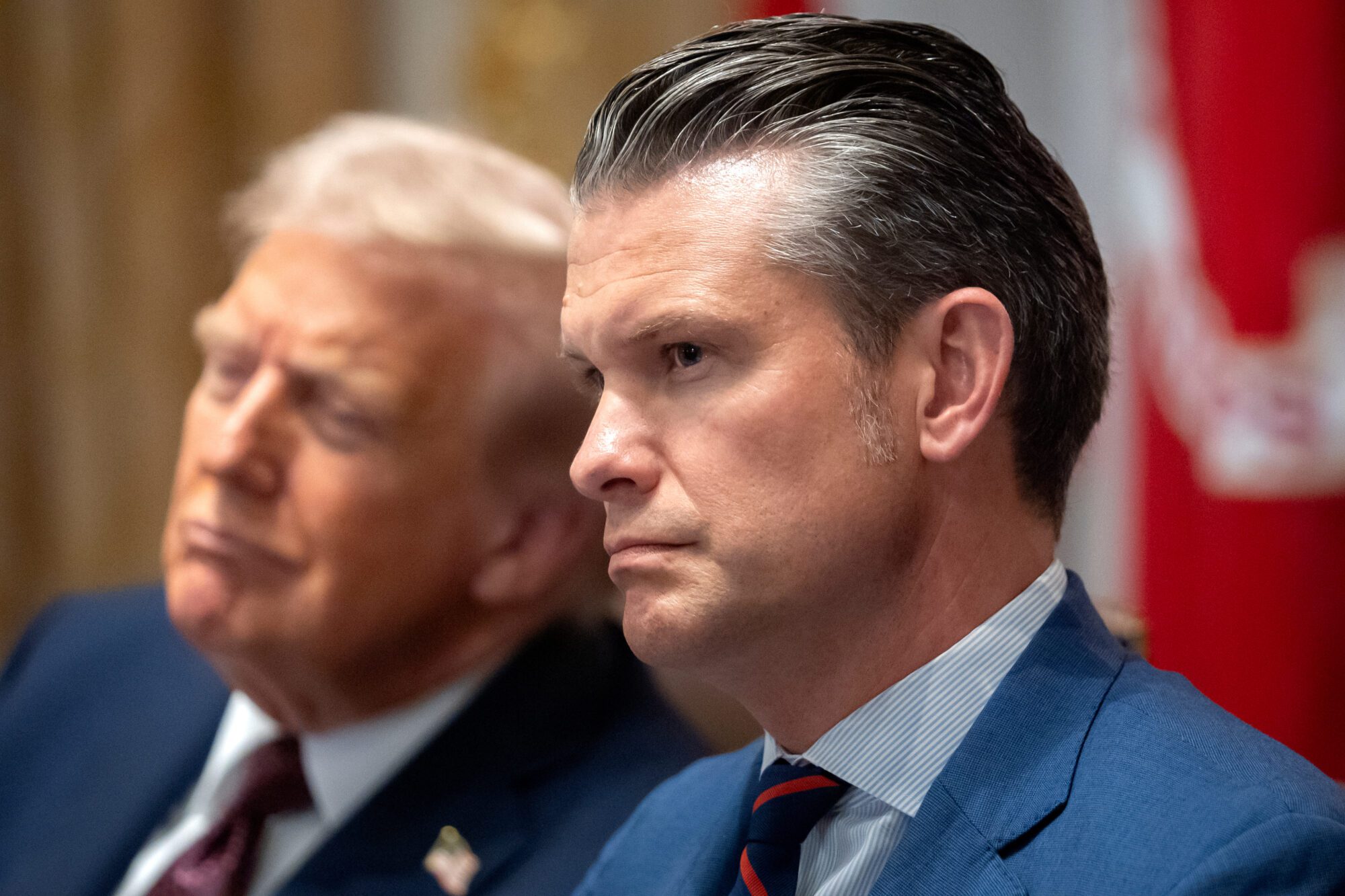
Recent HHS Office of Child Care report shows MS in the top 3 states in the nation with a 100% outlay of ARPA Stabilization funds, as of August 1, 2022.
Signed in March 2021, the American Rescue Plan Act (ARPA) included $23.97 billion for childcare stabilization grants to be allocated to states, territories, and Tribes based on the current Child Care and Development Block Grant (CCDBG) formula.
The Administration for Children & Families (ACF), a division of the U.S. Department of Health & Human Services (HHS), said that the goal of the childcare stabilization grants is to provide financial relief to childcare providers to help defray unexpected business costs associated with the pandemic, and to help stabilize their operations so that they may continue to provide care.
“Child care providers may use subgrants to cover a range of expenses such as personnel costs; rent or mortgage payments; insurance; facility maintenance and improvements; personal protective equipment (PPE) and COVID-related supplies; training and professional development related to health and safety practices; goods and services needed to resume providing care; mental health supports for children and early educators; and reimbursement of costs associated with the current public health emergency,” ACF continued.
According to a recent report from the HHS Office of Child Care on American Rescue Plan Stabilization Grant outlays, Mississippi is in the top 3 states in the nation with a 100 percent outlay of ARPA Stabilization funds, as of August 1, 2022.
Bob Anderson, Executive Director of the Mississippi Department of Human Services (MDHS), said that childcare is essential to the future of Mississippi.
“Widespread accessibility of quality childcare strengthens families, enriches learning, and undergirds our workforce. Parents and guardians are encouraged to apply for the childcare payment plan voucher for their child or dependent. MDHS is hopeful that additional childcare providers will register to accept vouchers and serve Mississippi children,” stated Anderson.
“Mississippi’s childcare industry is critical to Mississippi’s workforce and continued K-12 educational improvement. The pandemic hit the childcare industry extremely hard, losing 1 out of 7 jobs. Many providers struggled to keep their doors open while supporting working families,” MDHS said in a release.
In February 2022, MDHS awarded over $320 million in stabilization grants to childcare providers called Child Care Strong (CCS). By August 2022, 87% of Mississippi Child Care Strong Grant recipients have received all allocated payments. MDHS awarded over $354 million dollars to 1,114 providers, serving over 83,000 Mississippi children.
Throughout the Child Care Strong grant cycle, MDHS’ Division of Early Childhood Care and Development (DECCD) disbursed funds to providers in six equal payments while processing monthly accountability reports from 1,072 providers.
DECCD responded to over 10,000 emails, provided 60 technical support sessions, and held 12 trainings and Q&A sessions.
MDHS staff hosted training sessions, childcare industry experts from across the state assisted providers by hosting application training and information sharing sessions.
“MDHS is grateful for the partnerships of Dr. Cathy Grace and Dr. Kenya Wolff, Co-Directors of the North MS Education Consortium, for hosting Child Care Strong application training sessions, Ms. Latoya Hadley, in conjunction with the MS Early Learning Alliance, for hosting Child Care Strong application training sessions, and Ms. Carol Burnett, Executive Director of the MS Low-Income Child-Care Initiative (MLICCI), for hosting virtual Question and Answer sessions on Child Care Strong,” MDHS said.
While managing Child Care Strong disbursements, the DECCD staff continued to operate the Child Care Payment Plan, providing vouchers to over 20,000 children per month. Monthly CCPP disbursements averaged over $12 million paid to providers on behalf of Mississippi children. Follow-up monitoring and validation of providers’ spending of these grant funds continues at this time.











